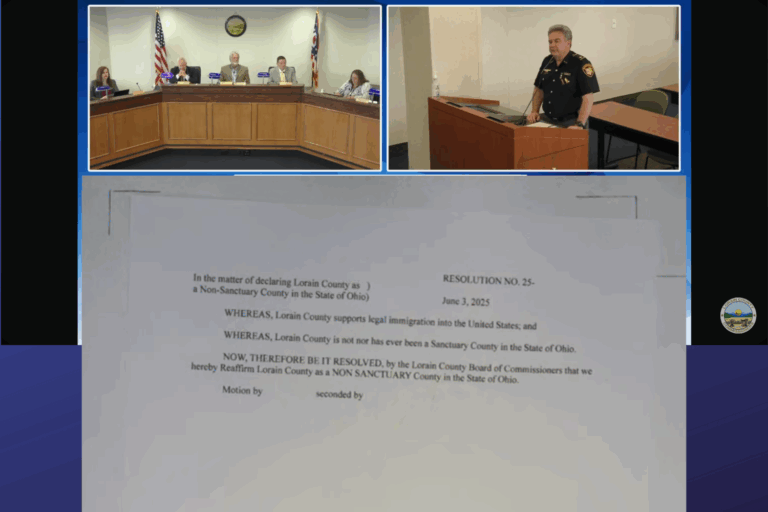
Columbus, OH – April 2025
Ohio legislators are considering a bill that would limit the types of food and beverages eligible for purchase with Supplemental Nutrition Assistance Program (SNAP) benefits, sparking renewed debate over public health, personal freedom, and equity in food access.
The proposal, introduced as Senate Bill 161, would require the Ohio Department of Job and Family Services to seek federal approval to prohibit SNAP recipients from purchasing certain sugar-sweetened and processed foods. The targeted items include regular sodas, candy, ice cream, chips, and baked goods such as pies and snack cakes. The bill mirrors a growing movement among some lawmakers and advocacy groups to steer public assistance dollars toward more nutritionally sound purchases.
Targeting Sugar, But Not Artificial Sweeteners
Under the current language of the bill, the focus is primarily on foods and beverages with added sugars. Notably, the proposed restrictions do not include artificially sweetened drinks such as diet sodas or sugar-free beverages, which has drawn criticism from some public health advocates.
While proponents of the bill argue that reducing sugar consumption among SNAP recipients could lower rates of obesity and chronic disease, critics have questioned why drinks containing controversial artificial sweeteners like aspartame or sucralose would remain eligible. Aspartame in particular has been the subject of ongoing scrutiny, with some studies raising concerns about potential links to neurological or metabolic health risks.
For many observers, this points to a larger inconsistency in the bill’s approach: while it bans beverages with cane sugar or corn syrup, it may still permit products with chemical additives that also carry health warnings. This has led to concerns that the legislation is less about nutrition and more about regulating lifestyle choices based on financial status.
Broader Concerns About Access and Equity
Public health experts and social service providers have long acknowledged that individuals relying on SNAP may face barriers to accessing healthy food. Food deserts, limited transportation, and price markups on fresh produce can make it difficult for some recipients to consistently choose healthier options — even when motivated to do so.
Critics of the Ohio bill worry that layering restrictions on top of these existing challenges may stigmatize low-income residents, further complicate program administration, and ultimately do little to change dietary habits in a meaningful or sustainable way.
They also point out that defining what qualifies as “junk food” can be subjective and difficult to enforce. Past efforts by states like Maine, New York, and Minnesota to impose similar restrictions were denied by the U.S. Department of Agriculture due to concerns about administrative complexity and fairness.
National Context and Political Momentum
The Ohio bill comes as part of a broader national push — supported by some in Congress — to reform SNAP nutrition standards. A federal proposal known as the Healthy SNAP Act would give states more flexibility to restrict purchases of so-called junk food. Supporters frame it as a matter of taxpayer responsibility and long-term healthcare savings.
Opponents argue that education, incentives for healthy eating, and better access to fresh foods are more effective — and less punitive — tools for improving public health outcomes.
What’s Next
Senate Bill 161 is currently under consideration in committee and will require approval from both chambers of the Ohio General Assembly before any federal waiver request can move forward. Even if passed, the plan would still need approval from the USDA, which has historically pushed back on attempts to restrict SNAP purchases beyond federal guidelines.

As the debate unfolds, many Ohioans — including SNAP participants, dietitians, grocers, and advocates — are watching closely to see how the state balances health priorities with the rights and realities of low-income families.





